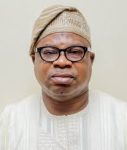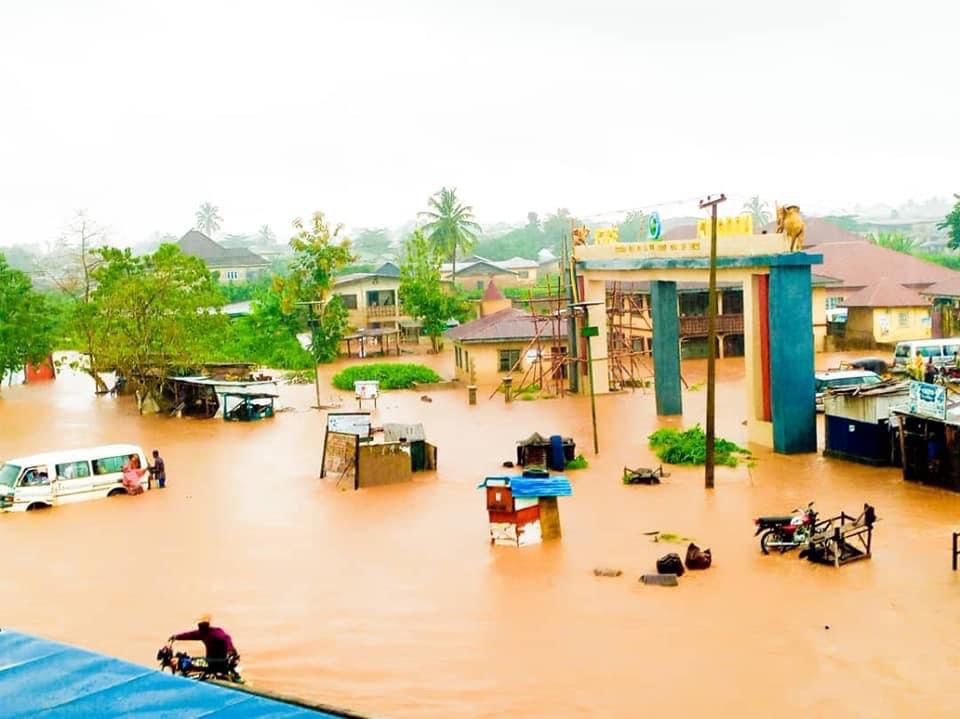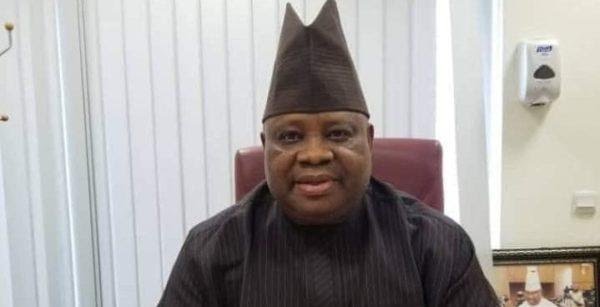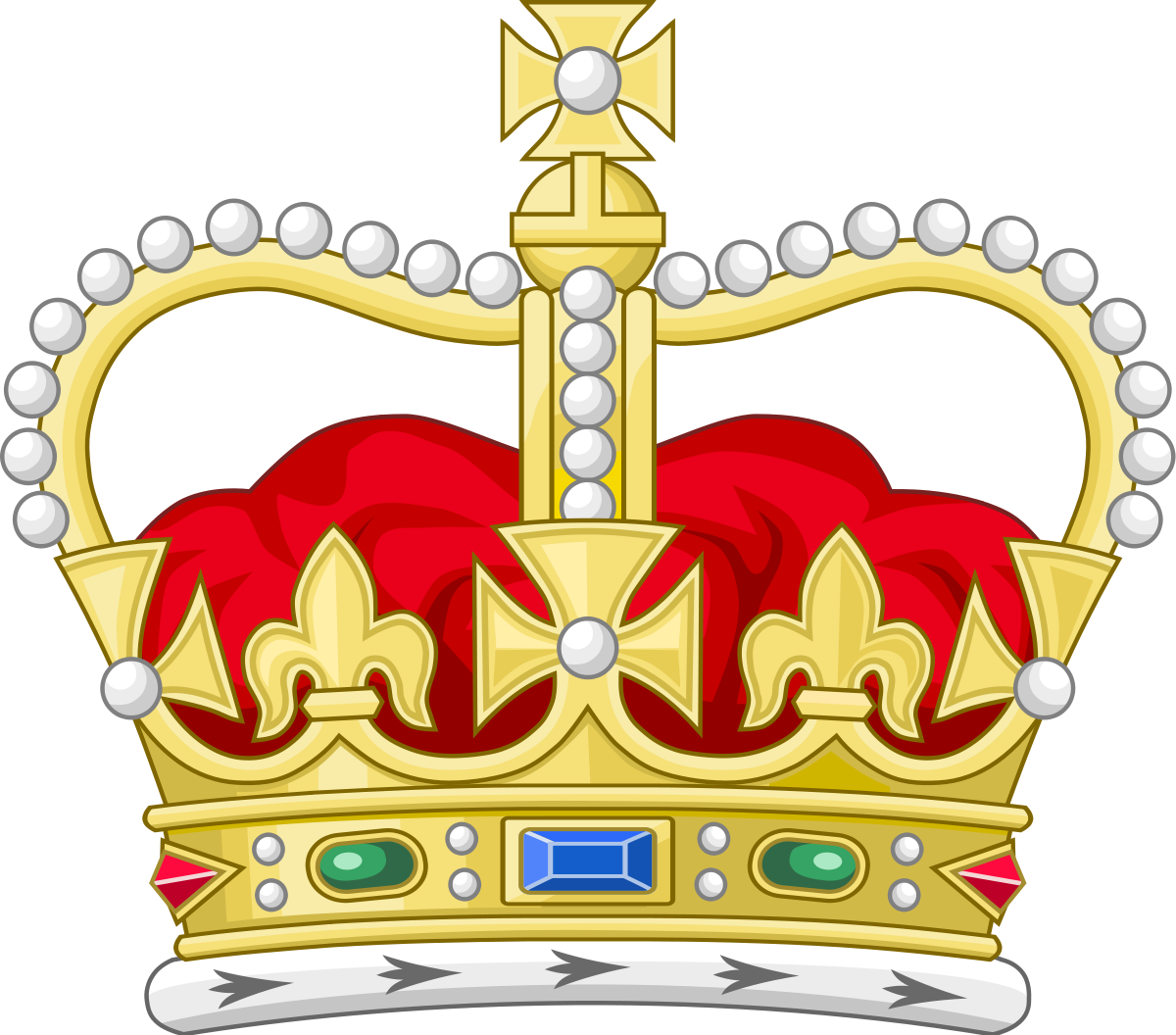India Votes For Next President
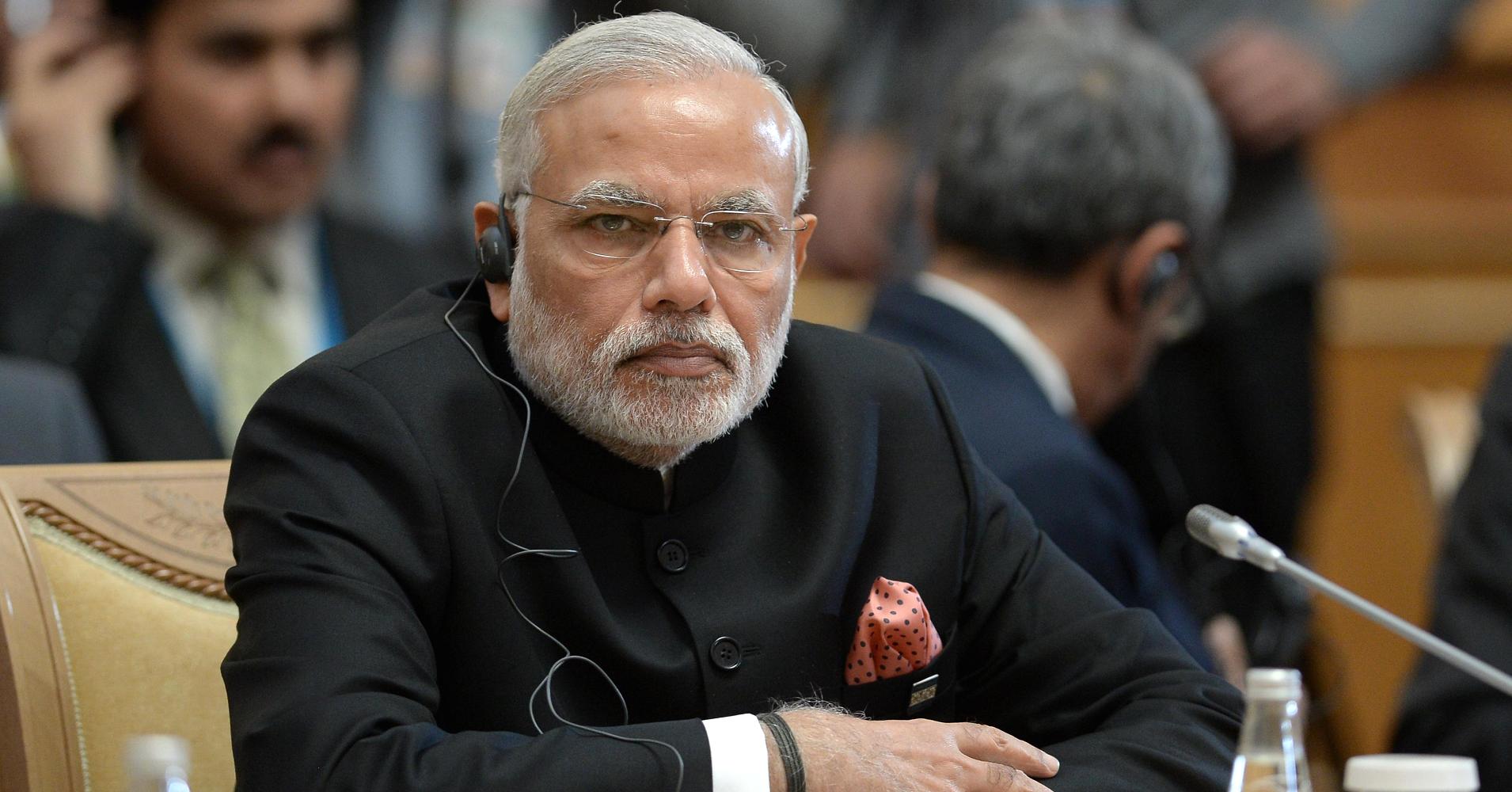

In an election seen as a way of strengthening Prime Minister Narendra Modi’s grip of power, Indian lawmakers will vote on Monday (July 17) to pick the country’s president. Some 4,900 legislators nationwide voted in what Modi termed a “historic” election to choose the titular head of state.
Modi’s right-wing Bharatiya Janata Party (BJP) has nominated Ram Nath Kovind, a 71-year-old former lawyer from the Dalit community. His main rival is Meira Kumar, the nominee of the Congress-led opposition and also a Dalit.
The result will be announced on Thursday but Kovind’s victory is almost certain since the BJP says it has the electoral college numbers needed to push its candidate through.
Members of both houses of the federal parliament and state assemblies across the country can take part in the vote.
“The presidential poll this time is historic. Probably for the first time no party has made any undignified or unwarranted comment on the rival candidate,” Modi wrote on Twitter on the eve of the poll.
“Every political party has kept in mind the dignity of this election.” It is also historic as it will be the first time the BJP has organised the numerical strength to push through its candidate.
India’s prime minister wields executive power, but the president can send back some parliamentary bills for reconsideration and also plays a guiding role in the process of forming governments.
Analysts said Kovind’s election will help Modi tighten his grip on power and accrue political capital by sending an important message to the Dalits, a long-disdained electoral group once known as “untouchables”.
It will be only the second time that India has had a Dalit head of state.
Dalits, who number around 200 million in the nation of 1.3 billion, are among India’s poorest communities and relegated to the margins of society.
Despite legal protection, discrimination is rife and Dalits are routinely denied access to education and other advancement opportunities.
On the day of the vote, media reported the case of a Dalit labourer allegedly beaten to death by upper-caste attackers, highlighting the plight of the “untouchable” caste.



